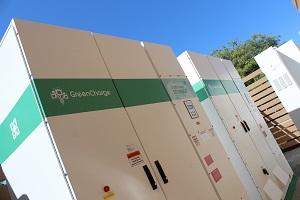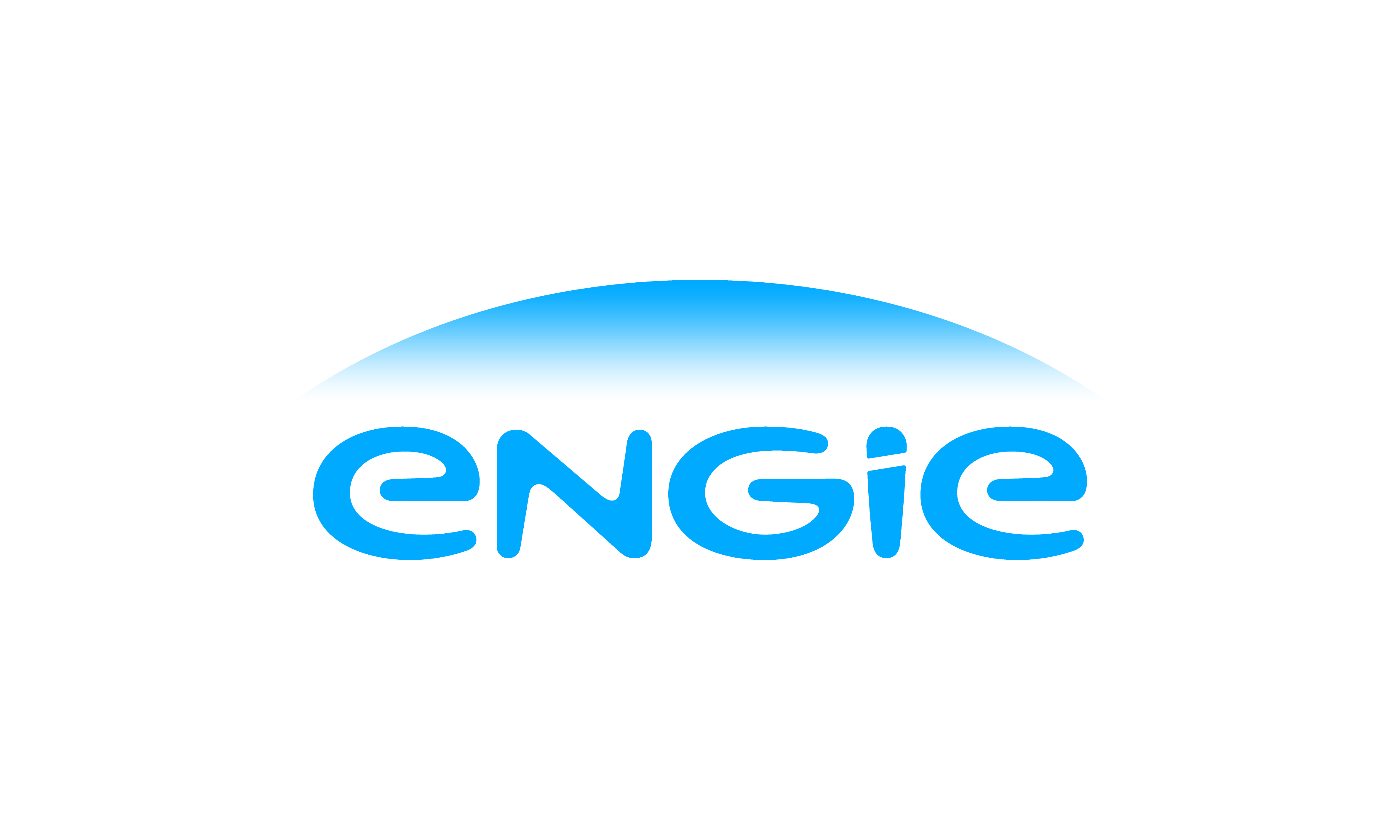Opportunities and Challenges in the Solar Massachusetts Renewable Target (SMART) Program
Opportunities and Challenges in the Solar Massachusetts Renewable Target (SMART…
This will be a hot summer for solar and storage developers in Massachusetts as the Commonwealth kicks off its SMART program, providing tiered incentives to promote solar with an additional kicker if there is storage attached. It’s an exciting program—the first of its kind outside of California, and one of the first ever in the U.S. to promote energy storage coupled with community solar (direct contracts between solar arrays and residents).
Most solar developers are aware of SMART, and many plan to capture the solar incentives. But there’s an opportunity for bigger savings: Developers that use energy storage to store at least 25 percent of their solar PV capacity qualify for a storage adder that brings in more revenue to their projects.
The SMART program established by the Massachusetts Department of Energy Resources (DOER) was designed to promote cost-effective solar development. But the program also wanted to promote energy storage for the value it brings, not only to solar, but to the grid and ratepayers as well.
The Commonwealth has recognized that energy storage “offers reliability, flexibility, and efficiency of usage, which makes it easier to integrate clean energy sources in the electrical grid system,” and “has the potential to deliver huge savings to Massachusetts ratepayers by reducing energy costs, peak capacity, the cost of ancillary services, wholesale market costs, transmission and distribution costs, and costs associated with integration of distributed energy resources.”
Utility-scale solar-plus-storage is already happening in Massachusetts. Soon, businesses and residents may be able to opt into large community energy programs that access solar-plus-storage systems. In fact, many developers feel that community projects represent an even more exciting opportunity because SMART provides an additional incentive for such projects.
If energy storage is eligible to net meter and participate in the wholesale energy market in Massachusetts—the most important regulatory issue around SMART still being debated—entirely new business models for energy storage are possible, and that means new revenue streams for developers and services for their customers.
In addition to SMART, developers that add storage to solar can leverage the Federal Investment Tax Credit (ITC) on a joint installation. Designing and operating systems that make the most of both incentives and consistently provide services customers depend on is no easy task.
Solar developers that aren’t sure how to monetize the storage adder shouldn’t let the opportunity slip away. Consider partnering with ENGIE Storage for solar-plus-storage. We’re involved with the regulatory process around SMART and have a great deal of insight and guidance to share. Thanks to our control software, GridSynergy, we can guarantee performance and ensure operational requirements are met to capture the most incentive possible. We’re prepared and equipped to guide developers through the process, allowing our partners to realize the benefits of the storage adder.
There are rich opportunities in Massachusetts, and we’re excited about what that means for developers, consumers, and the energy sector as a whole!




